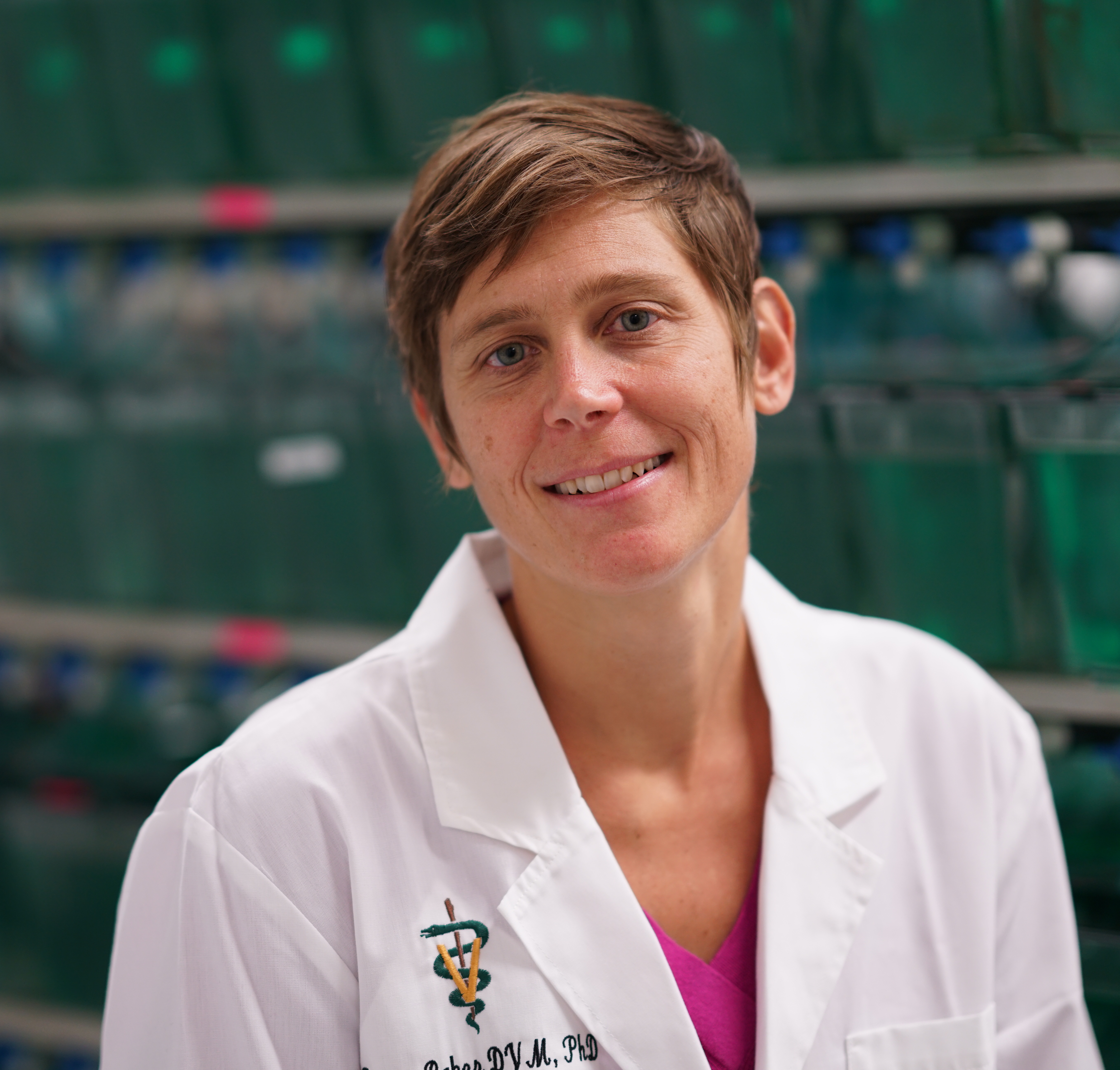IIT Seminar Series: Dr. Tracie Baker
Tue, September 10, 2019 10:00 AM at 162 Food Safety and Toxicology Building
 The Institute for Integrative Toxicology presents Dr. Tracie Baker, Assistant Professor, Institute of Environmental Health Sciences, Department of Pharmacology, Wayne State University, to speak on, “Adverse Health Effects and Induction of Transgenerational Inheritance of Disease Due to Environmental Contaminants Using the Zebrafish Model,” on Tuesday, September 10, 2019, at 11:00 a.m. in 162 Food Safety and Toxicology Building. Dr. Jamie Bernard will host this seminar. If you are interested in meeting with Dr. Baker, please contact Kasey Baldwin, kbaldwin@msu.edu.
The Institute for Integrative Toxicology presents Dr. Tracie Baker, Assistant Professor, Institute of Environmental Health Sciences, Department of Pharmacology, Wayne State University, to speak on, “Adverse Health Effects and Induction of Transgenerational Inheritance of Disease Due to Environmental Contaminants Using the Zebrafish Model,” on Tuesday, September 10, 2019, at 11:00 a.m. in 162 Food Safety and Toxicology Building. Dr. Jamie Bernard will host this seminar. If you are interested in meeting with Dr. Baker, please contact Kasey Baldwin, kbaldwin@msu.edu.
Tracie Baker earned her B.S. in biology and chemistry (Cleveland State University), an M.S. in marine biology (University of Alaska), and a Doctorate of Veterinary Medicine and Ph.D. in molecular and environmental toxicology (University of Wisconsin). She is currently an Assistant Professor in the Institute of Environmental Health Sciences and Department of Pharmacology in the School of Medicine at Wayne State University. Her lab focuses on multidisciplinary, translational research that bridges human, animal, and environmental health. She provides critical insights into environmentally‐induced disease by using the zebrafish model to uncover the etiology of adverse health endpoints related to contaminant exposure.
Lecture Synopsis:
We have shown that zebrafish (Danio rerio) are an ideal model for evaluating transgenerational effects of certain toxicants and their role in the fetal basis of adult disease. We utilized this model to identify transgenerational effects of a known endocrine disrupting chemical (EDC), dioxin (2,3,7,8-tetrachlorodibenzo-p-dioxin; TCDD). Using molecular tools, we have uncovered critical genes and epigenetic regulation underlying adverse health endpoints and provide critical insights into transgenerational, environmentally-induced disease. This seminar will also give an overview of other recent projects in the Baker WATER (Warrior Aquatic Translational and Environmental Research) Lab including: investigation of the occurrence and effects of endocrine disruption due to environmental contaminants in Detroit waterbodies, exogenous factors linked to the development of childhood leukemia, and the occurrence of microplastics in drinking water and the consequential impact on human health.

